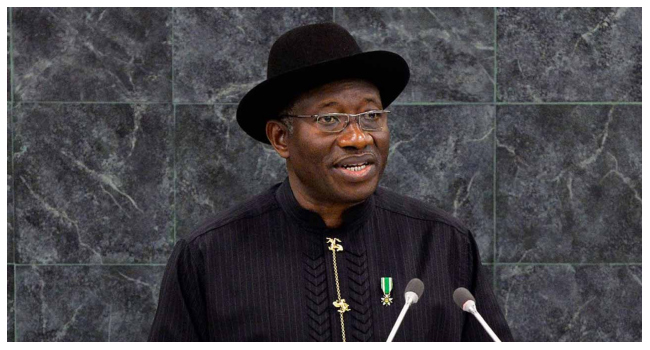Former Nigerian President Goodluck Jonathan has been urged to forgo a potential return to the presidency in 2027, as political debates intensify ahead of the upcoming elections. Shehu Sani, a former federal lawmaker and senator, publicly advised Jonathan during a televised interview to avoid re-entering the race, citing fractures within the former leader’s political base and shifting alliances.
Speaking on Channels Television’s Sunday Politics program, Sani argued that the Peoples Democratic Party (PDP), which propelled Jonathan to victory in 2011, is “no longer united.” He noted that factions within the party, including those in the South-West region, have endorsed President Bola Tinubu’s government or joined new opposition coalitions. “The PDP he used to know is not the PDP now,” Sani said, emphasizing that Jonathan’s potential candidacy would be an exercise in futility.
Jonathan, who served as Nigeria’s president from 2010 to 2015 after succeeding the late Umaru Yar’adua, lost his re-election bid in 2015 to Muhammadu Buhari of the All Progressives Congress (APC). Despite constitutional eligibility for one more four-year term, Jonathan has not openly expressed interest in running. His name, however, resurfaces routinely during election cycles, reflecting enduring influence in political discourse.
Recent speculation about his return has been fueled by discussions around a proposed single-term presidency for Southern Nigeria and the emergence of a coalition led by the African Democratic Congress (ADC). Critics, including Sani, question the coalition’s motives, arguing it lacks a distinct ideological vision. “The people that constitute the coalition today are not philosophically different from the programmes which the Tinubu administration is prosecuting,” Sani stated, pointing to shared policies like subsidy removals and currency devaluation.
The former senator acknowledged the democratic right to oppose but criticized the coalition’s apparent focus on ousting Tinubu without presenting an alternative governance framework. “If their only cause for power is to remove Tinubu without providing any alternative, they have no agenda,” he added.
Jonathan’s potential candidacy intersects with broader debates about Nigeria’s political future, including calls for systemic reforms over symbolic leadership changes. Activist Dele Farotimi recently argued that replacing Tinubu with another Southern leader would not address deep-seated structural challenges.
As Nigeria navigates economic reforms and regional tensions, observers note that Jonathan’s decision—whether to heed Sani’s advice or re-engage in a transformed political landscape—could reshape alliances ahead of 2027. For now, the former president’s silence leaves room for speculation, while his detractors and supporters alike weigh the risks of revisiting a chapter many consider closed.
